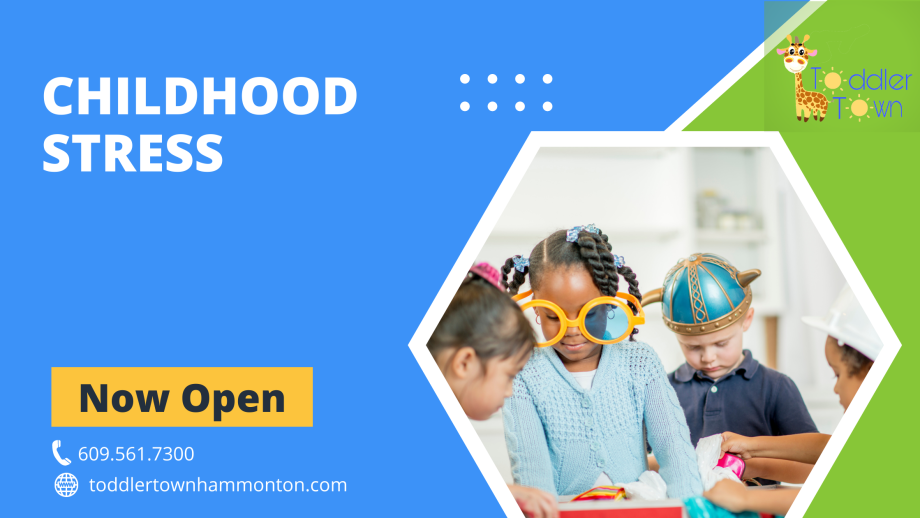In recent years, researchers have begun to focus on the long-term effects of childhood stress. Studies have shown that early exposure to too much stress can have a negative impact on mental and physical health in adulthood. The most common symptoms of stress in adults include anxiety, depression, and heart disease.
While it is impossible to avoid all stressors in life, there are things that parents can do to help their children manage and cope with stress. One important step is to provide a supportive and nurturing environment at home. Parents should also be sure to model healthy coping mechanisms for their children.
It is also important for children to have a healthy outlet for releasing their emotions. Activities like exercise, yoga, or meditation can help reduce stress levels. It is also important for children to have positive relationships with peers and adults. These relationships can provide a sense of support during difficult times.
Causes of stress in children:
The world is a fast paced and ever-changing place. For children, this can be especially overwhelming and can lead to feelings of too much stress. There are many different causes of stress in children. Some common causes include academic pressure, family changes, and social issues. A child who is stressed out can make poor choices in the classroom, such as getting into fights or not completing their homework. They may also be more likely to act out, which impacts their ability to learn and focus.
Effects of stress on children:
Stress is a natural response to events that make us feel overwhelmed or threatened. For adults, stress can be a motivator or a nuisance, but for children, it can be especially harmful. The physical and emotional effects of stress on children can be detrimental to their development and have long-term consequences.
Stress affects the body in a variety of ways. It can cause changes to our mood and behavior, as well as physical illnesses such as headaches, stomach aches, fatigue and insomnia. Stress also creates tension in relationships with parents, siblings and even friends.
How to reduce childhood stress:
It is important for parents to be aware of the sources of stress in their children’s lives and take steps to reduce it. According to the American Academy of Pediatrics, common causes of stress in children include moving, starting school, and dealing with bullies.
There are many things parents can do to help their children manage stress. One key is to set a good example by managing your own stress levels. Be positive and supportive, and listen attentively when your child talks about what is stressing them out. Help your child develop healthy coping mechanisms such as exercise, relaxation techniques, and positive self-talk. Limit screen time, especially before bedtime, and provide plenty of opportunities for unstructured playtime. Make sure your child gets enough sleep and eats a balanced diet. Finally, create a safe and secure home environment where your child feels loved and supported.
In conclusion, childhood stress can have a negative impact on physical and emotional health. It is important to be aware of the signs and symptoms of childhood stress, and to seek help if needed. There are many ways to manage and reduce stress in children, including counseling, relaxation techniques, and exercise. Parents can also play a role in helping their children cope with stress by providing a supportive environment and teaching them healthy coping mechanisms.

